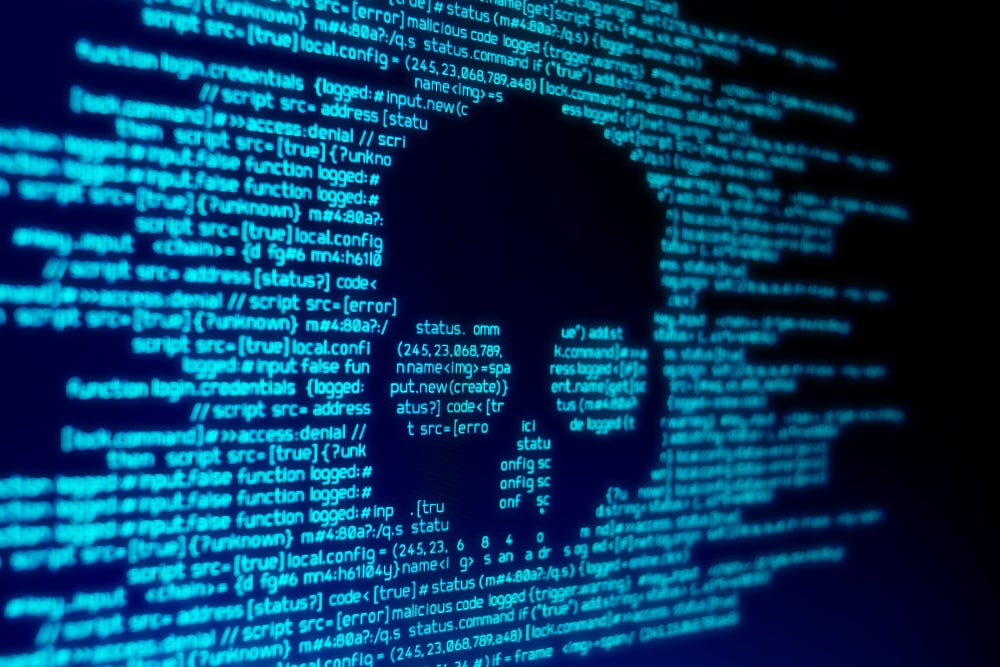
Cyber attacks pose a significant threat to businesses of all sizes, with hundreds of businesses being targeted every day. From multinational corporations to small startups, no organisation is immune to the potential financial repercussions of a successful cyber intrusion.
Trevor Cooke, the online privacy expert at EarthWeb, presents a ranked list of the most expensive cyber attacks in history.
The Biggest Cybersecurity Incidents
| Company | Financial Loss | How They Hacked In | Year |
| Equifax | Over $1.4 billion | Exploitation of website vulnerability | 2017 |
| Maersk | Over $300 million | NotPetya ransomware attack disrupting operations | 2017 |
| Epsilon | Over $4 billion | Unauthorised access to email system compromising data | 2011 |
| Target | Over $300 million | Compromised payment card data via malware installation | 2013 |
| Yahoo | Over $470 million | Data breaches exposing billions of user accounts | 2013-2014 |
Equifax
In 2017, Equifax, one of the largest credit reporting agencies in the world, fell victim to a massive data breach. Trevor says, ‘Hackers exploited a vulnerability in the company’s website, gaining access to the sensitive personal information of over 147 million consumers, including Social Security numbers, birth dates, and addresses. Equifax incurred an estimated financial loss of over $1.4 billion due to legal settlements, regulatory fines, and cybersecurity expenses.’
Maersk
In 2017, Maersk, the world’s largest container shipping company, became a victim of the NotPetya ransomware attack. The malware spread rapidly across Maersk’s global network, disrupting operations and forcing the company to shut down critical systems. Maersk reported financial losses exceeding $300 million, attributed to system restoration, business interruption, and lost revenue.
Epsilon
In 2011, Epsilon, a marketing services company that handled customer email communications for numerous major brands, experienced a significant data breach. Hackers gained unauthorised access to Epsilon’s email system, compromising the personal information of millions of consumers, including their email addresses and names. Trevor says, ‘The breach resulted in over four billion dollars in financial losses for Epsilon, coming from legal settlements, reputational damage, and loss of business from affected clients.’
Target
In 2013, Target fell victim to a sophisticated cyber attack that compromised the payment card data of approximately 40 million customers. Trevor explains, ‘Hackers infiltrated Target’s network through a third-party vendor, installing malware on point-of-sale systems to harvest credit card information.’ Target reported total losses of over $300 million, including settlement payments to affected customers, legal fees, and subsequent cybersecurity enhancements.
Yahoo
In 2013 and 2014, Yahoo experienced two separate data breaches that compromised the personal information of billions of users worldwide. The breaches, which were not disclosed until years later, exposed user accounts to unauthorised access, resulting in significant financial repercussions for Yahoo. The company incurred losses of approximately $470 million, including a reduction in their acquisition price by Verizon Communications and legal settlements with affected users.
Cooke concluded: “Ensuring the security of digital assets is as crucial as fortifying physical defenses. Organisations must remain vigilant and proactive in mitigating cyber risks to prevent devastating financial losses and maintain trust and credibility with stakeholders.”
These high-profile cyber attacks serve as stark reminders of the importance of robust cybersecurity measures in safeguarding sensitive data and protecting organisations from financial harm






